Genetic manipulation of plants can be traced throughout history as farmers and gardeners have used selective breeding to produce better tasting varieties, increase yields and improve weather, pest and disease resistance. Advances in biotechnology have made the process more effective and efficient because the techniques used to insert individual genes are more predictable than making changes through cross-breeding.
Thousands of studies on the safety of food produced with genetically modified ingredients have concluded it is safe. One of the most compelling studies, led by UC Davis animal scientist Alison Van Eenennaam, looked at animal feed studies spanning 30 years and over 100 billion animals. Van Eenennaam concluded the milk, meat and eggs from animals that have consumed feed with genetically modified ingredients are indistinguishable from those that consumed non-GMO feed.
When grown using the same techniques and in the same location, GM crops and non-GM crops are the same in appearance and nutritional value. Historically, the FDA has required labels to indicate if a food raises questions of safety, nutrition or proper usage. Mandatory labeling of genetically modified ingredients would imply to consumers that the safety of the ingredients is in question, contradicting the results of thousands of studies.
Supporters of GMO labeling argue that consumers should have the opportunity to avoid genetically modified food products if they choose. That choice is supported currently in the market without the need for costly changes to food labels. Food products displaying the USDA Certified Organic label have been grown and manufactured without the use of genetically modified ingredients.
“Animal rights activists and environmental groups are actively spreading misinformation about the food and livestock we produce. Farmers and ranchers in our state and nation are using the best technology available to them, including genetic modification, to produce the safest, healthiest and most abundant food supply in history. We are confident in the food we are producing, that’s why we feed it to our families.” said Amanda Rosholt, Director of the Oklahoma Farming and Ranching Foundation.
The Oklahoma Farming and Ranching Foundation is a 501(c)(3) nonprofit with a mission to educate citizens across the state on the importance of production agriculture in Oklahoma. For more information, contact Amanda Rosholt at (405) 202-1463 or amanda.rosholt@aggiving.org; or visit okfbfoundationforagriculture.org.
